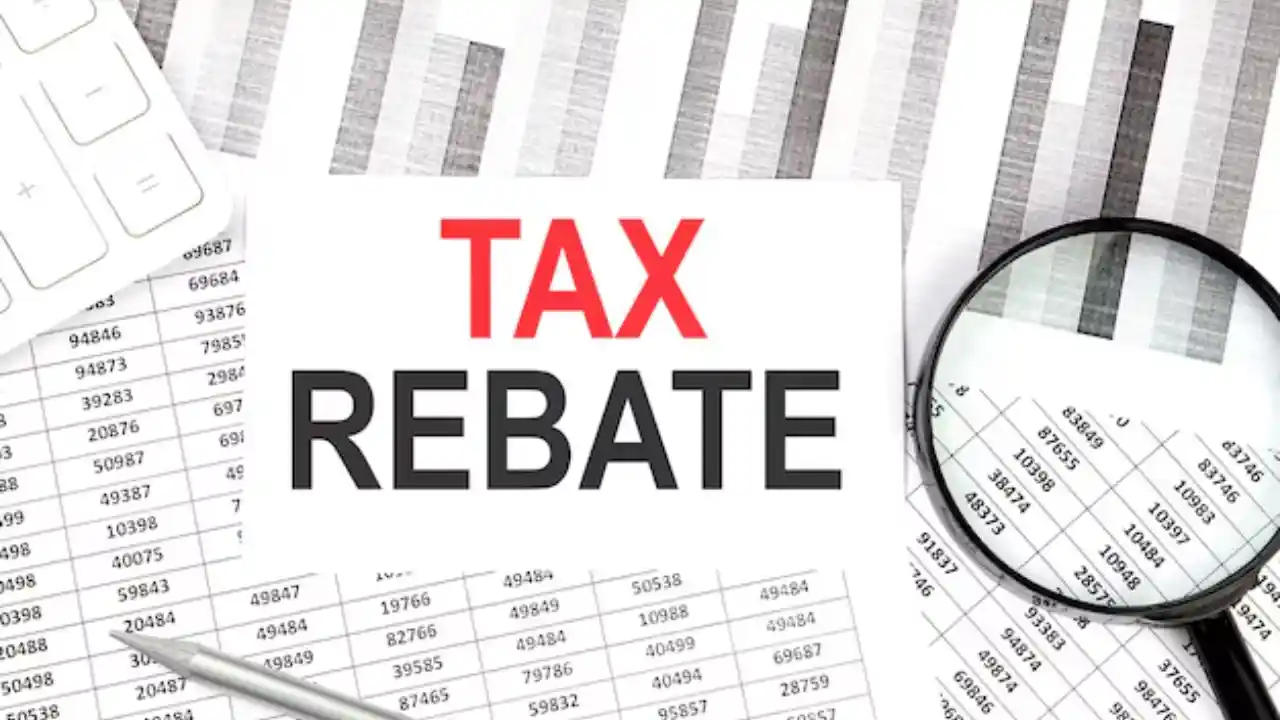Introduction: Turning Homeownership Into Tax Advantages
Owning a home is not just about building equity, it also opens the door to tax benefits, rebates, and incentives that can save thousands of dollars annually. In 2025, governments are actively encouraging energy efficiency, sustainability, and financial protection for homeowners.
From federal tax credits for solar panels to state rebates for smart thermostats and window upgrades, homeowners who understand these programs can reduce upfront costs, lower long-term expenses, and even increase property value. This guide breaks down the most important tax benefits and rebates available in 2025.
What Are Tax & Rebates for Homeowners? (Quick Answer)
Tax and rebate programs are government-backed incentives that reduce the cost of homeownership, energy upgrades, and financial protections by offering credits, deductions, or direct cash-back savings.
Why Tax & Rebates Matter in 2025
- High energy costs: Rebates reduce the burden of rising utility bills.
- Climate incentives: Governments reward eco-friendly home upgrades.
- Mortgage relief: Some states provide deductions for mortgage interest.
- Insurance tie-ins: Certain upgrades lower both premiums and taxes.
- Home value boost: Energy-efficient and rebate-supported improvements increase resale value.
Major Types of Tax & Rebate Programs
1. Federal Energy Tax Credits
- Solar Investment Tax Credit (ITC): 30% credit on installation costs through 2032.
- Battery storage credit: Covers home energy storage systems.
- Energy-efficient appliances: Rebates for ENERGY STAR-rated devices.
2. State & Local Rebates
- Vary by state, often include:
- Solar panel incentives.
- Window and insulation upgrades.
- Heat pump and HVAC rebates.
- Example: California’s TECH Clean California Program provides thousands in rebates for heat pump adoption.
3. Mortgage Interest Deduction
- Homeowners can deduct interest on mortgages up to $750,000.
- Particularly beneficial in high-cost housing markets.
4. Property Tax Deductions
- Many states allow deductions for property taxes paid.
- Limits apply under federal tax law, but state-level savings add up.
5. Insurance & Coverage Incentives
- Some insurers provide tax-deductible coverage options, especially when tied to energy-efficient improvements or eco-upgrades.
Example: Savings Breakdown
| Upgrade / Program | Cost | Incentive | Savings |
| Solar Panels | $20,000 | 30% Federal Tax Credit | $6,000 |
| Smart Thermostat | $300 | Utility Rebate | $150 |
| Heat Pump | $10,000 | State Rebate + Federal Credit | $5,000 |
| Mortgage Interest | $20,000 | Federal Deduction | $20,000 taxable income reduction |
| Property Taxes | $8,000 | State Deduction | $8,000 taxable income reduction |
Real-World Examples
- Solar Power ROI: A Texas homeowner invested $18,000 in solar panels, claimed a $5,400 federal tax credit, and cut annual energy bills by $1,500.
- Smart HVAC Upgrade: A New York family replaced their furnace with a heat pump, receiving $4,000 in rebates and saving 25% annually on heating costs.
- Mortgage Deduction: A California couple deducted $22,000 in mortgage interest, significantly lowering taxable income.
- Property Tax Break: An Illinois homeowner saved $2,500 through state-level property tax deductions.
Challenges of Tax & Rebate Programs
- Complex eligibility: Rules vary by state and program.
- Documentation burden: Homeowners must save receipts and file forms correctly.
- Changing policies: Federal and state programs may expire or renew with modifications.
- Caps and limits: Rebates often have annual or lifetime maximums.
Tips for Homeowners in 2025
- Always check federal, state, and utility websites for the latest rebates.
- File taxes early if using large deductions to avoid processing delays.
- Bundle upgrades (e.g., solar + battery storage) for maximum savings.
- Consult a tax professional to ensure compliance and maximize benefits.
- Track annual changes in policy, what applies in 2025 may shift in 2026.
Key Takeaways
- Tax credits and rebates can save homeowners thousands of dollars annually.
- Programs cover solar panels, smart devices, HVAC systems, mortgage interest, and property taxes.
- Savings are immediate and long-term (tax credits + deductions).
- Rules change often, so homeowners should research annually.
- Using these incentives wisely makes homeownership more affordable and sustainable.




